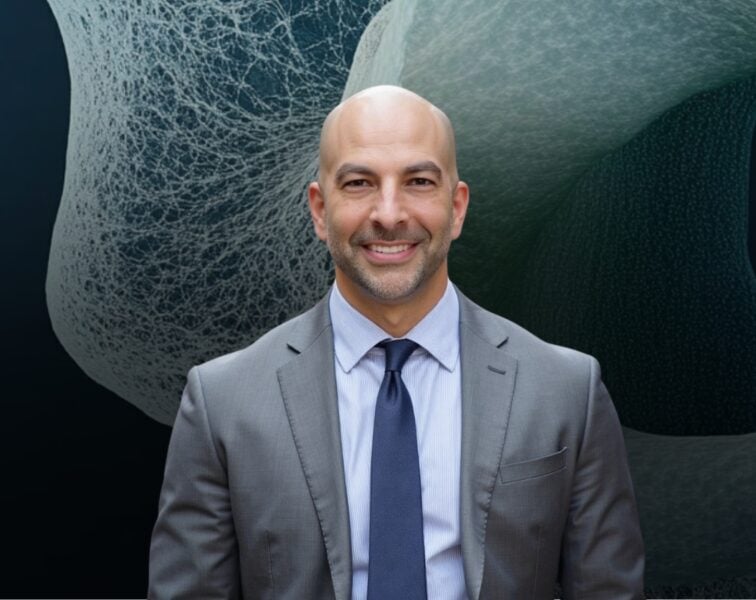In this second edition of the “Strong Convictions, Loosely Held” episode, Peter discusses topics on which his thoughts have evolved as a result of his interviews with podcast guests and other information he’s gained since episode 100. Peter covers topics including cancer therapy and screening, as well as prevention strategies for cardiovascular disease and Alzheimer’s disease. He also describes changes in his perspectives on time-restricted feeding and protein consumption and on the therapeutic use of psychedelics, and he discusses some sleep supplements with remarkable efficacy. He ends with a special discussion on all things Formula 1 racing.
Subscribe on: APPLE PODCASTS | RSS | GOOGLE | OVERCAST | STITCHER
We discuss:
- The concept of “strong convictions, loosely held” [3:10];
- Update on Peter’s upcoming book [8:30];
- Cancer: the promise of immunotherapy [14:15];
- Cancer: how aggressive screening for gastrointestinal cancers could save lives [24:30];
- Cardiovascular disease: how early and aggressive lowering of apoB could change the course of ASCVD [31:30];
- Alzheimer’s disease: genes that modify risk associated with the APOE4 variant [40:15];
- Time-restricted feeding: where the benefit comes from, and when this practice can be problematic [44:00];
- The common problem of protein underconsumption [51:45];
- The tremendous impact of exercise on lifespan and healthspan [54:45];
- Peter’s shoulder surgery [1:00:15];
- An uninspiring viewpoint on NAD precursors as a longevity tool [1:06:15];
- Psychedelics: a powerful therapeutic tool in the right setting [1:09:30];
- Sleep: updated thoughts on blue light and a remarkable drug for aiding sleep quality [1:13:15];
- Book recommendation from Peter [1:20:45];
- Formula 1: the 5 variables that determine the winner [1:22:00];
- F1: the drivers [1:26:00];
- F1: the tires [1:27:30];
- F1: the engine and chassis [1:32:00];
- F1: rule changes around cars [1:34:15];
- F1: importance of qualifying races [1:41:15];
- F1: racing strategy [1:47:30];
- F1: season outlook and predictions [1:51:00]; and
- More.
Get Peter’s expertise in your inbox 100% free.
Sign up to receive An Introductory Guide to Longevity by Peter Attia, weekly longevity-focused articles, and new podcast announcements.
The concept of “strong convictions, loosely held” [3:10]
Previous “strong convictions, loosely held” episode: #103 – Looking back on the first 99 episodes: Strong Convictions, Loosely Held
***
Explaining the phrase “strong convictions loosely held”
- Peter is unsure where this phrase came from originally
- However, Peter first heard it from his friend, John Griffin, who used to run a very successful hedge fund
- When talking about his investment philosophy, John says that you have to invest based on strong convictions, but they need to be loosely held, and so you have to constantly update your assumptions with new information
- if you’re more interested in staying with a position as opposed to evolving your position, you’re probably not going to be a very good investor
- This can be related to our understanding of science and medicine
- Unfortunately, it’s probably our default setting to dig our heels in on a position
- Ironically, in politics especially, it’s viewed as a sign of weakness or being wishy-washy when you change your mind
- For this very reason, Peter has consternation about his upcoming book release which he started writing in 2016 — “I can promise you that there are things that I’m going to have changed my mind on that will be in print.”
- In contrast, this is why he loves podcasts so much because you can do exactly what we are doing right now which is being able to consolidate all the changes in how he thinks about stuff
Update on Peter’s upcoming book [8:30]
- The draft was insanely long, but it’s in the process of being cut down
- The manuscript was close to 200,000 words, but the hope is to get it down to about 120,000 words
- Peter’s coauthor is Bill Gifford and they are relentlessly pushing each other to figure out how this can be said in fewer words
- This is the perfect example of “killing your babies”
- Peter was giving great advice in medical school when writing his first scientific paper
- “I put so much work into it, and I had all of these figures and all of these tables”
- One of the guys he was working with in the lab said, “Look, you got to learn to kill your babies. You’re going to do 20 experiments that are not going to make their way into the paper, and that’s going to feel awkward. It’s going to feel like, ‘No, no, I need to show you, as the reader of this paper, everything I’ve done and every experiment and every iteration.”
- Similarly, with a book, there’s a part of Peter that wants the reader to see how much work has gone into this but, of course, that doesn’t make for a good book
- “So, there’s lots of baby killing going on now. I hope that that will make it better.”
- The last big stress is over the audiobook version — he’s currently looking for a good reader for the book as Peter doesn’t want to be the voice for the book for various reasons
Cancer: the promise of immunotherapy [14:15]
Peter says there are three disease topics where his thinking today is either more clear or different than it was before:
- i) cancer
- ii) atherosclerotic cardiovascular disease (ASCVD), and
- iii) Alzheimer’s disease
Cancer: the promise of immunotherapy
{end of show notes preview}
Would you like access to extensive show notes and references for this podcast (and more)?
Check out this post to see an example of what the substantial show notes look like. Become a member today to get access.



